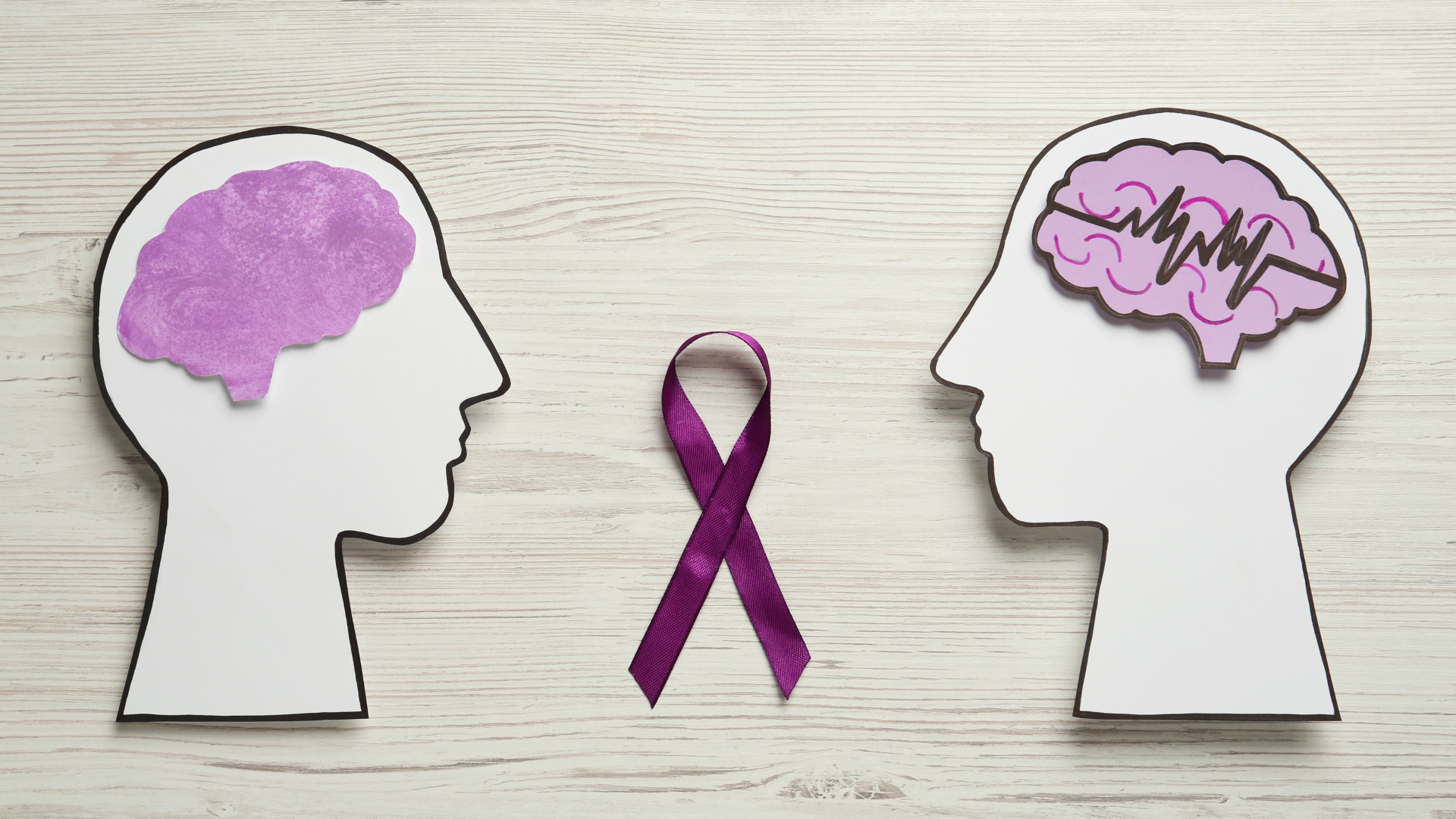Introduction:
Beyond the physical manifestations of seizures, epilepsy can exert a significant impact on mental health. This article aims to shed light on the intricate relationship between epilepsy and mental well-being, addressing the challenges individuals with epilepsy may face and the importance of a holistic approach to care.
The Bidirectional Link:
Research has increasingly emphasized the bidirectional relationship between epilepsy and mental health. This section will delve into how epilepsy can contribute to mental health issues such as anxiety, depression, and cognitive difficulties. Simultaneously, it will explore how pre-existing mental health conditions may influence the frequency and severity of seizures, creating a complex interplay between neurological and psychological factors.
Psychosocial Challenges:
Living with epilepsy often involves navigating psychosocial challenges, including stigma, social isolation, and employment discrimination. The article will explore the impact of these challenges on mental health, emphasizing the need for societal awareness and understanding to create a supportive environment for individuals with epilepsy.
Epilepsy and Cognitive Function:
Cognitive function can be significantly affected by epilepsy, influencing memory, attention, and overall cognitive performance. This section will discuss the cognitive challenges associated with epilepsy and the potential impact on educational and occupational outcomes. Strategies for managing cognitive difficulties and promoting cognitive well-being will also be explored.
Addressing Mental Health in Epilepsy Care:
Recognizing the interconnected nature of epilepsy and mental health, healthcare providers are increasingly adopting a comprehensive approach to care. The article will outline strategies for addressing mental health concerns in individuals with epilepsy, including psychoeducation, counseling, and collaborative care models that involve both neurologists and mental health professionals.
The Role of Support Systems:
Family and social support play a crucial role in mitigating the mental health impact of epilepsy. This section will explore the importance of a strong support system, both for individuals with epilepsy and their caregivers. It will highlight community resources, support groups, and advocacy initiatives aimed at fostering a sense of belonging and reducing the sense of isolation often experienced by those affected by epilepsy.
Promoting Resilience and Coping:
Despite the challenges, many individuals with epilepsy exhibit remarkable resilience. The article will feature stories of resilience and coping strategies employed by individuals with epilepsy, emphasizing the importance of cultivating a positive mindset and adopting coping mechanisms to navigate the emotional and psychological aspects of the condition.
Conclusion:
Epilepsy's impact extends beyond seizures, affecting mental health in multifaceted ways. By acknowledging and addressing the intricate relationship between epilepsy and mental well-being, healthcare professionals, support networks, and individuals themselves can work collaboratively to enhance the overall quality of life for those living with this neurological condition.
